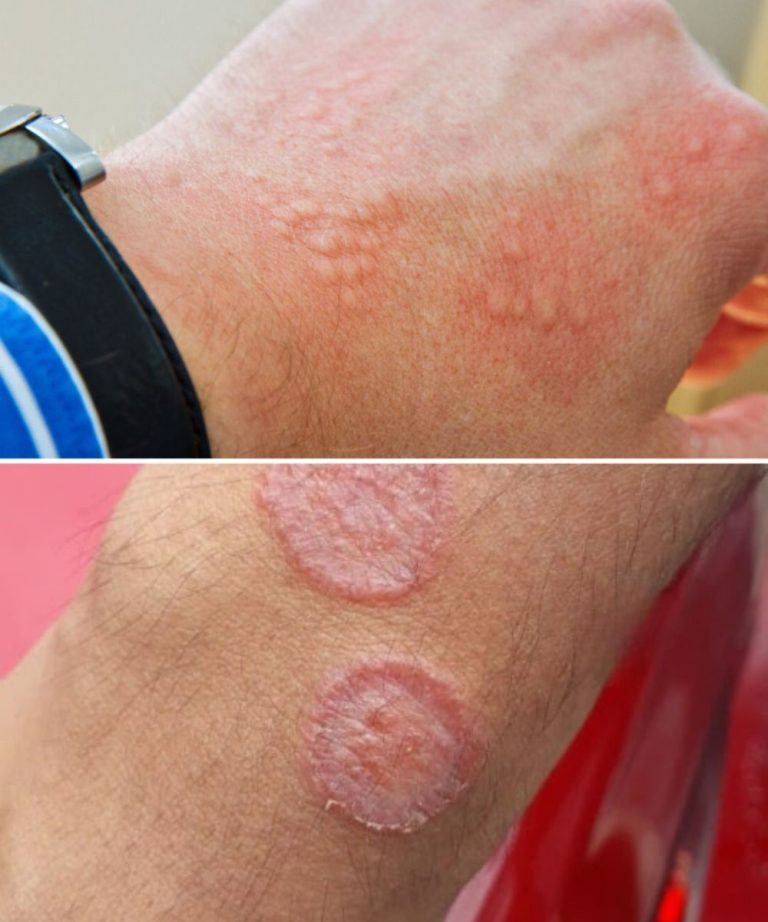How to Reduce Skin Irritation: Causes, Remedies, and Prevention Tips

When to Visit a Dermatologist

While most cases of irritation are temporary, persistent or severe symptoms should not be neglected. If your skin grows blisters, swelling, pain, or oozing, it may be an infection or an allergic reaction that demands medical treatment. Chronic redness or scaling could also imply an underlying condition like eczema, psoriasis, or rosacea. A dermatologist can offer a proper diagnosis and recommend prescription creams or allergy testing if needed.
Tips to Prevent Skin Irritation
Prevention begins with gentle daily care. Select mild, fragrance-free cleansers and moisturizers designed for sensitive skin. Avoid over-exfoliating or using products with alcohol or acids too frequently, as they can disrupt the skin’s protective layer.
Always moisturize after bathing, when your skin is still slightly damp, to lock in hydration. If you work in an environment where your hands are exposed to water or chemicals often, wear protective gloves and apply hand cream regularly.